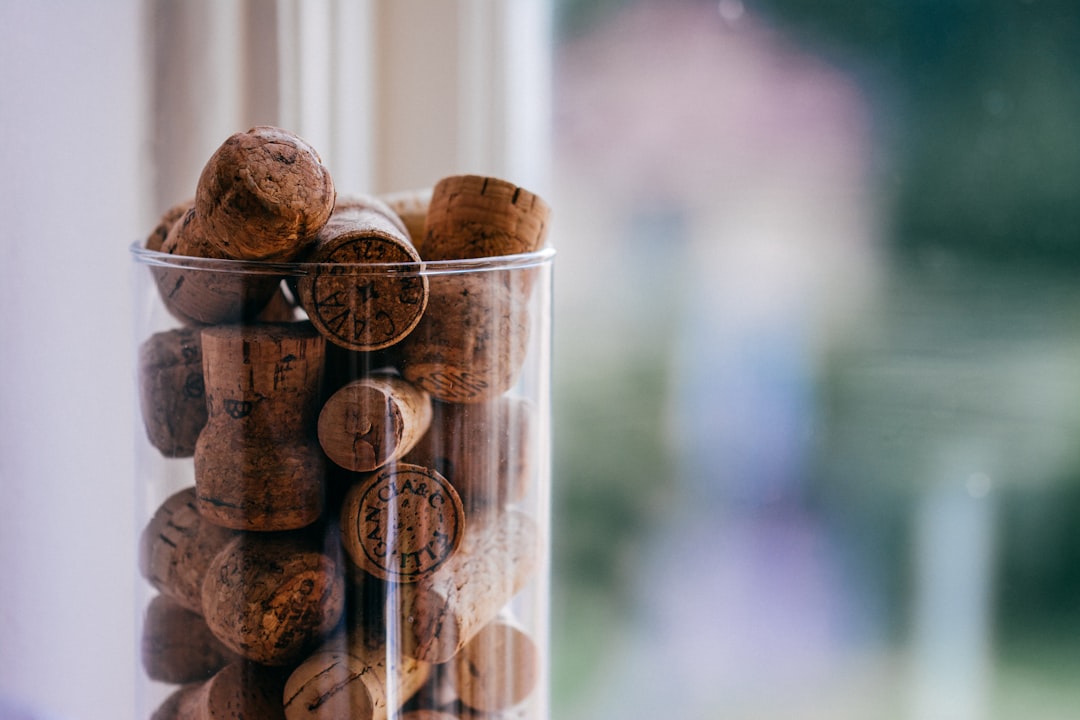
The Role of Spanish Wine Councils
Share
In the world of wine, Spain stands out for its rich history, diverse climates, and exceptional wine varieties. From the robust Riojas to the sparkling Cavas, Spanish wines offer a palette of flavors that cater to every taste. However, the quality and authenticity of these wines are not merely a product of tradition and terroir. They are also the result of stringent regulations and oversight by various Spanish wine councils. These governing bodies play a crucial role in ensuring that Spanish wines meet high standards of quality and authenticity, preserving the country's winemaking heritage and maintaining its esteemed position on the global stage. In this article, we will explore the essence of Spanish wine regulations through the lens of its governing councils, offering insights that every wine aficionado should know.
The Backbone of Spanish Wine Regulations
Spain's wine regulations are a complex system designed to ensure the quality, authenticity, and traceability of its wines. At the heart of this system are the Denominations of Origin (DOs) and the Protected Designations of Origin (PDOs), which are geographical indications that recognize wines produced in specific regions according to particular quality and production standards. These designations are overseen by regulatory councils that are responsible for setting the standards and ensuring compliance among producers.
The Role of Denominations of Origin (DO)
The DO system in Spain is akin to the AOC (Appellation d'Origine Contrôlée) system in France. It serves to classify wines based on their geographical origin and the specific grape varieties and winemaking practices allowed in that region. Each DO has its own regulatory council, which is tasked with defining the production area, permitted grape varieties, maximum yields, and aging requirements, among other specifications. These councils also conduct regular inspections and tastings to ensure that wines bearing the DO label meet the established standards.
Protected Designations of Origin (PDO)
While similar to DOs, PDOs represent a broader European Union classification that includes agricultural products and foodstuffs as well as wines. In Spain, PDOs encompass the DOs and offer an additional layer of protection and recognition at the EU level. The regulatory councils for PDOs work closely with the European Commission to ensure that the standards for production, labeling, and marketing align with EU regulations, providing consumers with assurance of the wine's quality and origin.

Governing Councils and Their Functions
Each wine region in Spain has its own regulatory council, which plays a pivotal role in upholding the quality and reputation of its wines. These councils are not only responsible for setting and enforcing standards but also for promoting the wines of their region both domestically and internationally.
Regulation and Oversight
Regulatory councils are the guardians of their respective DOs and PDOs. They establish detailed regulations that cover every aspect of winemaking, from vineyard practices to bottling. These councils also oversee the certification process, which involves rigorous inspections and wine tastings to ensure that only wines meeting the required standards are certified under the DO or PDO.
Promotion and Protection
In addition to regulation and oversight, these councils are also tasked with promoting their region's wines and protecting their reputation. This involves marketing initiatives, participation in international wine fairs, and educational programs aimed at both consumers and trade professionals. By highlighting the unique qualities and heritage of their wines, these councils help to maintain and enhance the global standing of Spanish wines.
Key Spanish Wine Councils
Spain boasts numerous wine councils, each dedicated to a specific wine region or type. Here are a few notable examples:
Consejo Regulador DOCa Rioja
The Consejo Regulador DOCa Rioja is one of the most renowned wine councils in Spain, governing the prestigious Rioja denomination, which is known for its exceptional red wines. This council sets stringent quality standards and has been instrumental in elevating the global profile of Rioja wines. For more insights into identifying quality Rioja wine, refer to our article on How to Identify Quality Rioja Wine.
Consejo Regulador DO Cava
The sparkling wines of Cava, produced primarily in Catalonia, are overseen by the Consejo Regulador DO Cava. This council ensures that Cava is produced according to traditional methods and meets strict quality criteria. Our article on How Cava is Produced in Catalonia offers a deeper look into the production processes governed by this council.
Consejo Regulador DO Rías Baixas
Famous for its Albariño wines, the Consejo Regulador DO Rías Baixas is focused on promoting and protecting this unique white wine from Galicia. The council's efforts have helped to establish Albariño as a high-quality, sought-after wine on the international stage.

Challenges and Future Directions
While the Spanish wine councils have been successful in many respects, they also face challenges. Climate change, evolving consumer preferences, and the need for sustainability are pressing issues that require innovative responses. Many councils are already taking steps to address these challenges, such as adopting more sustainable viticulture practices and exploring new grape varieties that are better adapted to changing climatic conditions.
Embracing Sustainability
Sustainability is becoming increasingly important in the wine industry, and Spanish wine councils are at the forefront of this movement. Initiatives include promoting organic viticulture, reducing water usage, and minimizing the carbon footprint of wine production. Our exploration of Spanish Organic Wines: Taste and Quality highlights the benefits of these sustainable practices.
Adapting to Climate Change
Climate change poses a significant threat to winemaking, affecting grape yields and quality. Spanish wine councils are actively researching and implementing strategies to mitigate these impacts, such as selecting heat-resistant grape varieties and adjusting vineyard management techniques to preserve the distinctive characteristics of their wines.
Conclusion
The Spanish wine councils play a vital role in the country's winemaking industry, ensuring the quality, authenticity, and sustainability of Spanish wines. Through their rigorous regulations, oversight, and promotion efforts, these councils help to maintain Spain's esteemed position in the global wine market. As they navigate the challenges of climate change and evolving consumer demands, the future of Spanish wine looks both promising and exciting. For wine aficionados, understanding the role of these governing councils adds another layer of appreciation for the exceptional wines that Spain has to offer.
